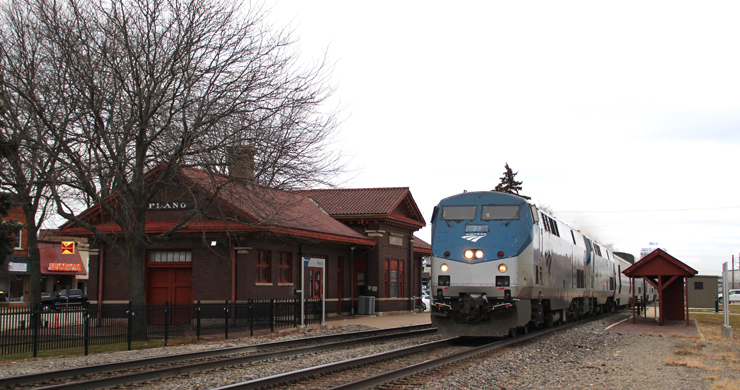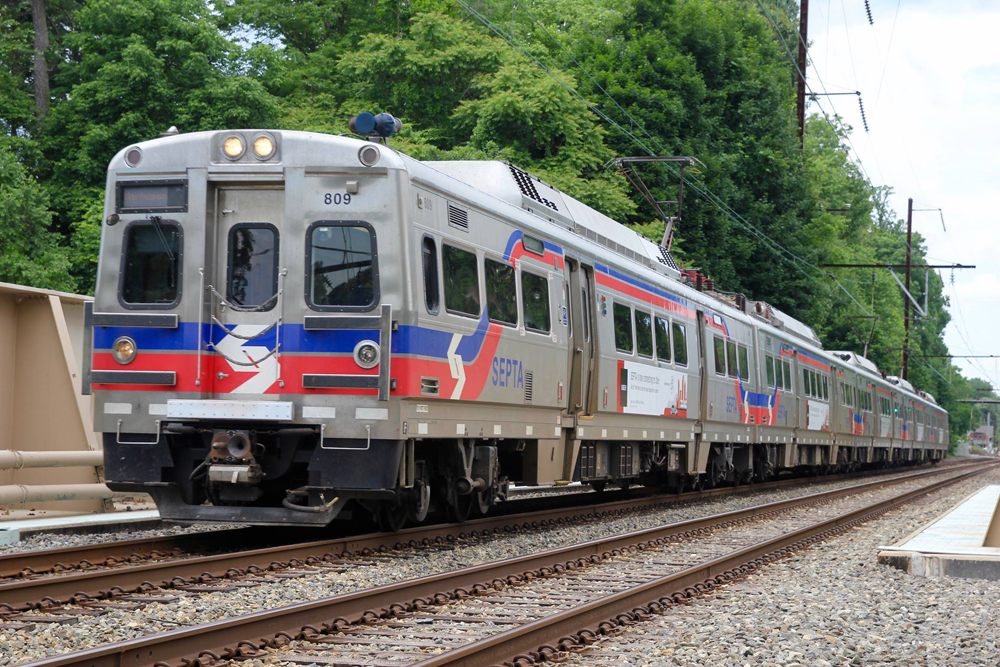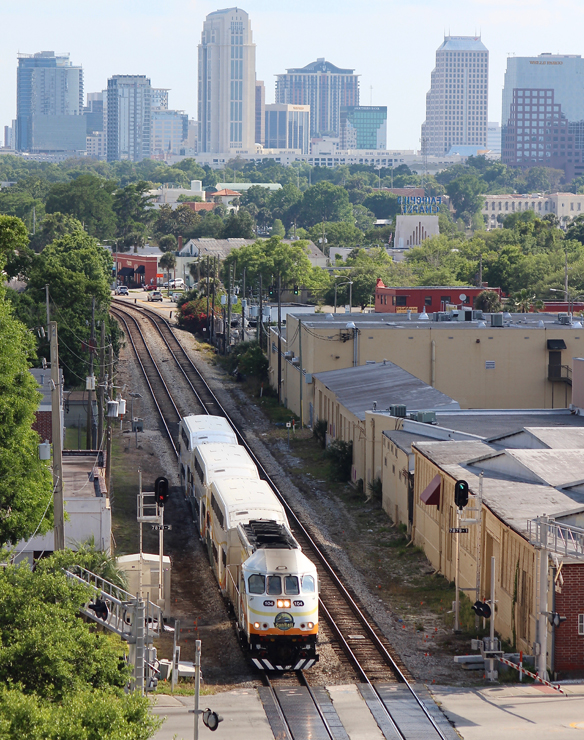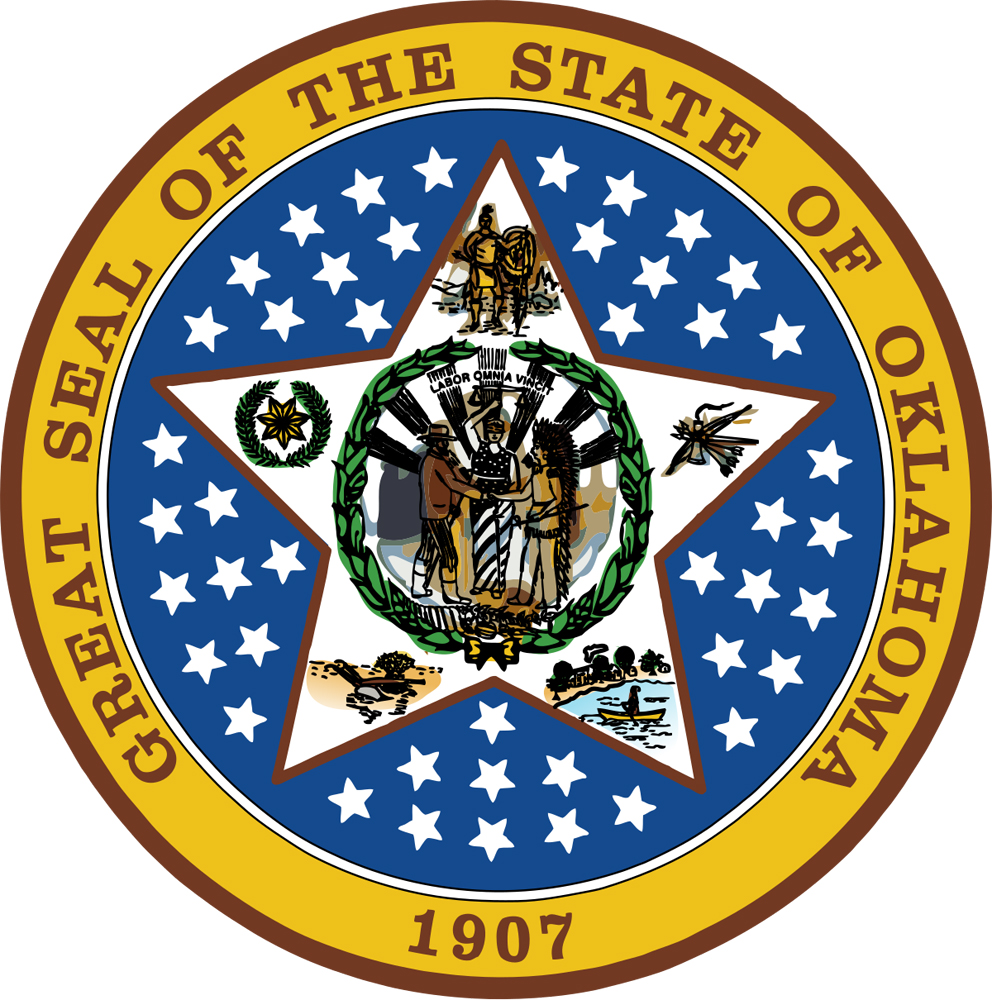PLANO, Ill. — The opportunity has begun for the public to inspect and consider aspects of the proposed extension of Metra commuter rail service into Kendall County, Ill. — a long-discussed concept facing an uphill climb to become reality.
The proposal could add up to five station and 17.5 miles to Metra’s BNSF line by extending the route west and south of its current terminus in Aurora, Ill., along BNSF’s ex-Burlington/Burlington Northern Mendota Subdivision.
On Monday, the Plano Community Library hosted the first of two project open houses, featuring a recorded presentation and displays, and the chance to talk with representatives of Metra and the consulting firm conducting the official study of the proposal. The second open house will be held today (Dec. 3) at the Oswego, Ill, Village Hall.
The study, paid for with federal funds earmarked in the mid-2000s, will consider possible station sites in Montgomery, Oswego, Yorkville, Plano, and Sandwich. It will also weigh three options for train frequencies, project ridership, conduct an environmental study — and put a price tag on the proposal. That is slated to be complete by summer 2020.
Advancing the study beyond that stage involves so many variables that Metra officials won’t even offer a best-case scenario for a possible start to such service. The process will have to clear at least four hurdles:
— The area has to decide if it wants to pay the price for the service. The latest state budget sets aside $100 million for capital costs of the extension [see “Illinois passes budget with funds for transit, commuter, intercity rail,” Trains News Wire, June 2, 2019]. But the early estimate is that those costs will reach $400 million to $500 million. After that, there will be annual operating costs of at least $5 million.
While Monday’s turnout certainly indicated interest in the proposal, the ultimate price tag will weigh heavily on the degree of support it receives.
“I think generally, our folks are for the project,” Plano Mayor Bob Hausler tells Trains News Wire. “We haven’t seen any of the real numbers, and I think the financing and the actual dollars that would be involved to bring Metra to Plano would be a huge factor.”
On the other hand, the financial aspect of Metra service is not merely a matter of expenses.
“Each individual municipality … is going to have to spend money to keep it going,” says Jim Teckenbrock, City of Sandwich executive director. “That’s what some people didn’t realize. But it will bring other retail stuff along with it, other development around it. Our property has a lot of room. Plus it’s right across the street from the [county] fairgrounds. People can use it for the fair, and the fairgrounds has so many different activities it’s almost used yearround.”
— If the area is willing to pay that price, it must determine how. Kendall County is not part of the six-county Regional Transportation Authority, which funds Metra and other Chicago-area transit through taxes including, but not limited to, a 0.75% sales tax. It could attempt to join the RTA or find another revenue stream.
— The RTA and Metra must agree to provide the service. David Kralik, Metra’s head of long-range planning, says the Metra board has taken no position on the concept. But at least one of the RTA’s member counties has already voiced strong objections, with Kane County Board Chairman Chirs Lauzen pushing for an extension to Sugar Grove, on a different BNSF line, the Aurora Subdivision. [See “Two Illinois counties are rivals for Metra extension that’s unlikely to happen,” Trains News Wire, June 14, 2019.]
— And BNSF Railway must agree to allow building and operation of the extension.
State legislation may also be required, according to study documents.
Those are the long-term issues. In the short term, there are nine station sites to be considered in the five communities. Montgomery, Oswego, and Sandwich each have offered one station site; Plano has two options, and Yorkville is offering four. Montgomery and Oswego do not have sites suitable for the required end-of-the-line yard and maintenance facilities, which make Yorkville, Plano, and Sandwich the potential endpoints.
The study will also consider whether weekday service would include two, four, or six round trips. A second round of open-house meetings in spring 2020 will present the preferred options resulting from the study.
More information is available at Metra’s website.















Barring a major expansion of urban sprawl into the suburbs, this is all a waste of time and money. I use to live in t Oswego, Il and the area could barely support a bus feeder to Aurora.
Would they have to build a new station in Aurora or would these two potential services bypass Aurora? To bad the old station on the mainline isnt available.
The Mendota Sub is ex-CB&Q/BN, not Santa Fe.
Trains… What happened to getting the right predecessor on former routes?
The line to the current downtown Aurora Metra station branches off the main line at the west end of Eola yard and also serves the overnight coach storage and servicing yard. It used to extend west to reconnect to the main line east of the old passenger station before the CB&Q round house and shops were converted into the Transit Center and coach yard. That westward extension was removed about the same time and the right of way is no longer available. This took place in the late 1970’s or 1980’s. The land where the old station and a small coach yard to the west of it has been vacant for many years.
The TRAINS staffers must not have looked at the map, or didn’t know that the Santa Fe didn’t go to Aurora.
I get the objections Kane County may have, but they recently funded an extension to Elburn which is strategic as it is en route to a future service to DeKalb.
Service to Sugar Grove is neither strategic or desirable. Has no online passenger capability beyond it as no other towns (existing or planned) exist. A drive to Elburn from Sugar Grove is less than 15m today.
The Kendall County route has much more online passenger capability, supporting infrastructure for services and a willingness to embrace TOD in the core downtowns.
I am glad that Metra, RTA and the author of the article stated it quite clearly that there is a lot of hurdles to cross, namely a county referendum to pay for the whole thing. It is not cheap and Kendall County needs to know what it takes to get connected.
There already is a Metra station and commuter train storage yard in Aurora – it is currently the last stop on the Metra BN commuter line. It is pretty much right behind the old Burlington roundhouse which is currently a micro-brewery/restaurant.